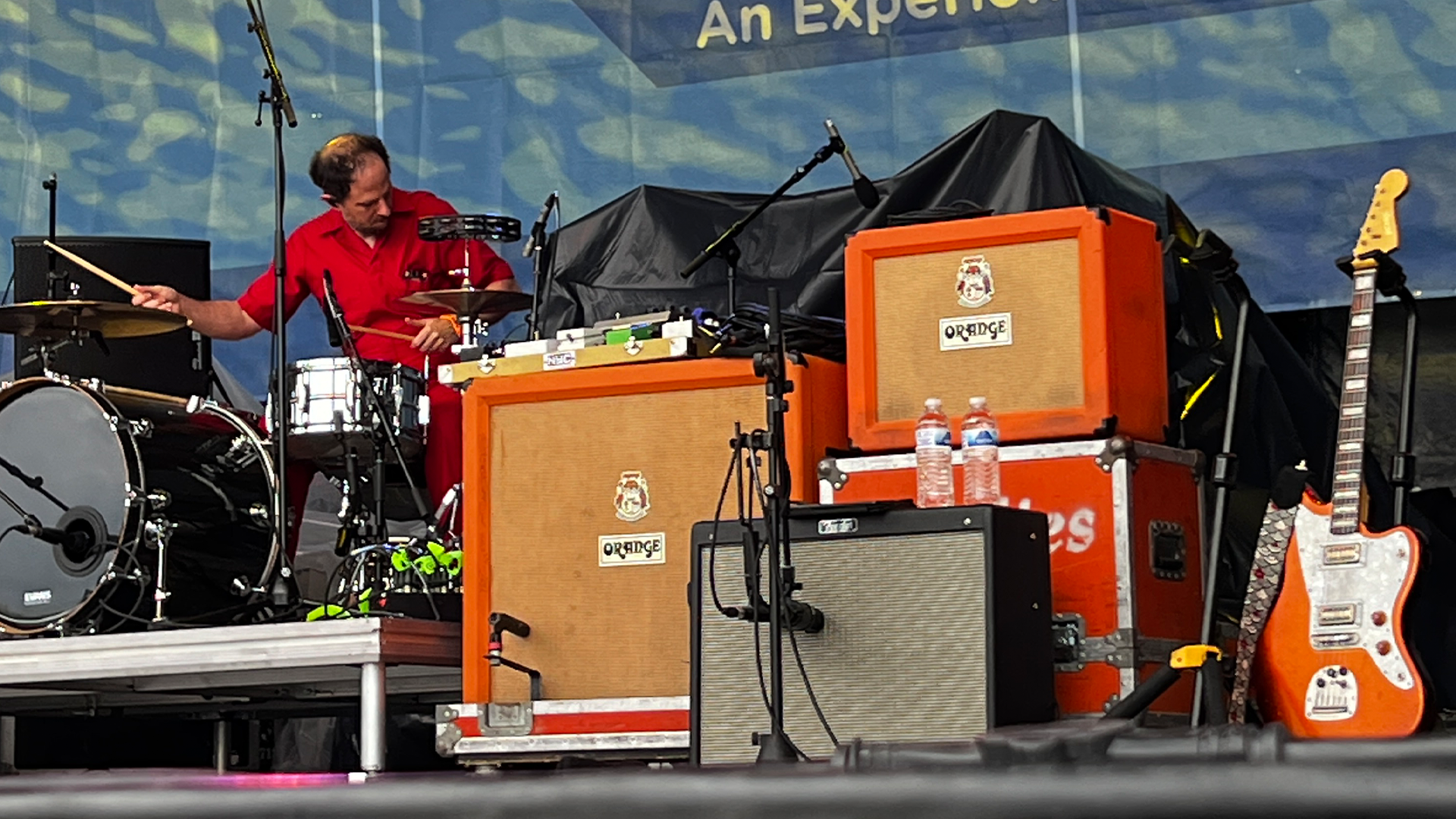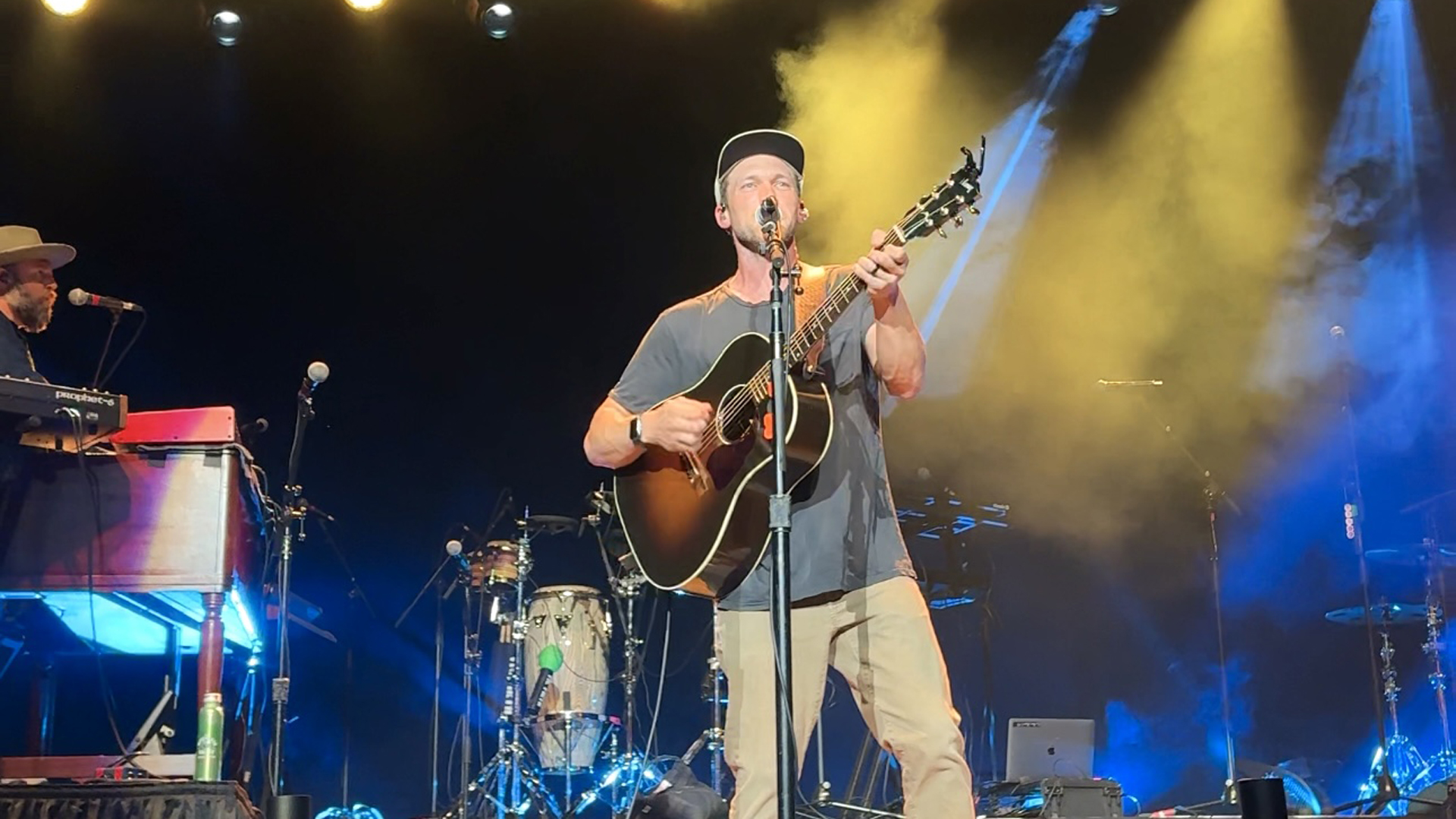






























This is "Battle of the Keys" by Howl2GO; a show that’s not just watched, but felt. This all-request, all-out performance brings people together one melody at a time. From college campuses and corporate events to U.S. military bases overseas, each show creates unforgettable moments, as every experience is truly one-of-a-kind. Bring the magic of Dueling Pianos to your event!
Meet Michael Kent, a comedy magician who turned his passions into a lifelong career of making people laugh, wonder, and look twice. Michael shares how a simple love for magic evolved into a full-time calling—mixing comedy, misdirection, and years of experience on stages across the country. From Ohio stages to military tours and beyond, this is more than tricks, it’s about connection, storytelling, and the joy of making people believe in the impossible.
Meet FREE DAPS, an improv comedy rap group turning rhymes into unforgettable experiences. No script, no notes, just raw talent and real connection. Their journey is proof that passion pays off. They started with restaurant gigs and a dream. Now, they’re rocking big stages, NBA games, and traveling the country making crowds laugh and vibe along.
Step behind the scenes with Nelly’s Echo for the Season 2 Finale of Taking You Backstage 🎬 Catch the full episode to learn more about his come-up as an artist immigrating to the United States, how he chose to pursue music over medicine & how playing shows in the college market has supported his career!
Episode 7 of Season 2 of Taking You Backstage is here with the NYC pop/rock trio - Movie Night Catch the full episode to learn more about their name change as a band, their approach for performing for different markets, and which act they’d like to tour with the most!
We’re back with another episode of Taking You Backstage with the one and only T-Ray the Violinist! 🎬 Watch to learn more about his start as a musician, the explanation behind his namesake & how he got to play Drew Brees’ 40th Birthday Party
Step Backstage with one of the most talented poets & spoken word artists in the industry - Asia the Poet
Degy CEO Ari joins Karli & James to talk about how the duo was formed, what it’s been like playing gigs together, and some of their favorite venues across the world at NACA Charleston!
Fresh off the back of their tour across Asia for #OperationMWR, Degy CEO Ari sat down with lovelytheband to talk their #1 most streamed song & recount one of the coolest venues the band has played at for U.S. service members 🛩️
We’re back with another episode of “Taking you Backstage”! Degy CEO, Ari Nisman walks you through venue set up ahead of this year’s University of Florida Gator Growl concert & sits down with one of the performing artists, Sammy Adams to talk through some of their most memorable college shows together.
Check out our first episode of Season 2 of "Taking You Backstage" with nostalgic pop band, Plain White T's! We give you an inside look behind the scenes as we interview high profile artists everything from childhood to their music journey of fame.
Check out Season 1 Episode 6 of our new video series "Taking You Backstage" with nostalgic pop band, Bowling For Soup! We give you an inside look behind the scenes as we interview high profile artists everything from childhood to their music journey of fame.
Check out Season 1 Episode 5 of our new video series "Taking You Backstage" with country artist, Lauren Alaina! We give you an inside look behind the scenes as we interview high profile artists everything from childhood to their music journey of fame.
Check out Season 1 Episode 4 of our new video series "Taking You Backstage" with pop band, We The Kings! We give you an inside look behind the scenes as we interview high profile artists everything from childhood to their music journey of fame.
Check out Season 1 Episode 3 of our new video series "Taking You Backstage" with Vertical Horizon! We give you an inside look behind the scenes as we interview high profile artists everything from childhood to their music journey of fame.
Check out Season 1 Episode 2 of our new video series "Taking You Backstage" with pop artist, Charlotte Sands! We give you an inside look behind the scenes as we interview high profile artists everything from childhood to their music journey of fame.
Check out our Series Premiere of our new video series "Taking You Backstage" with platinum selling artist duo 3OH!3! We give you an inside look behind the scenes as we interview high profile artists everything from childhood to their music journey of fame.














.png)































.jpeg)

























.jpg)










.jpg)

.jpg)
